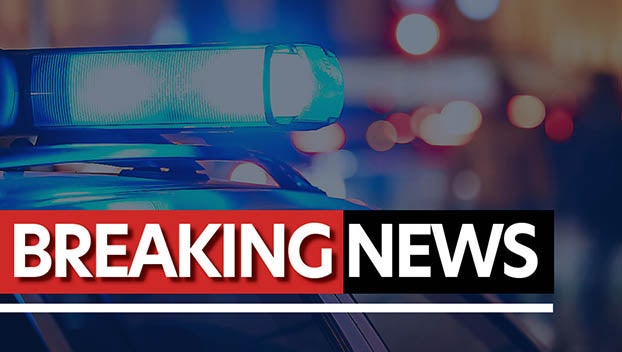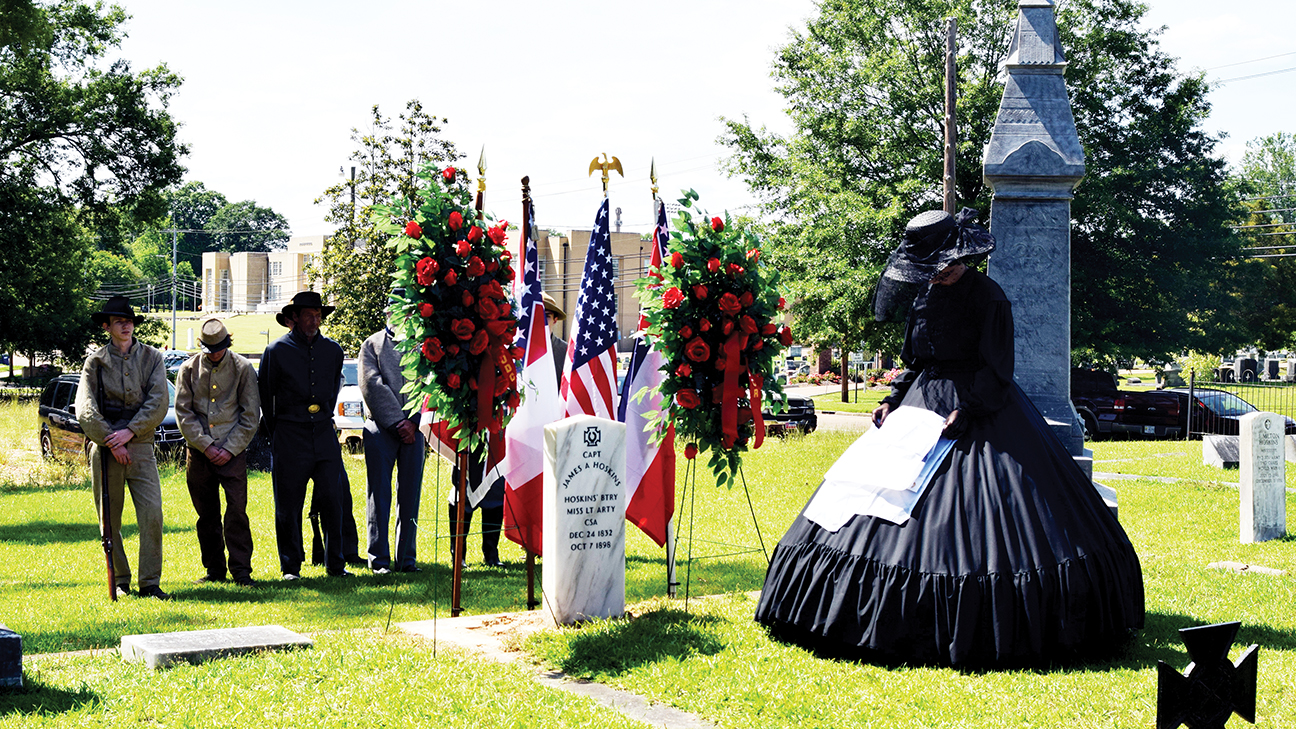School choice out of favor — Lincoln County locals dislike voucher system
Published 9:59 pm Friday, February 2, 2018
The Mississippi Senate is working through a piece of legislation that could drastically broaden the state’s school voucher program.
The proposal, Senate Bill 2623, would provide an increasing number of vouchers that students can use to attend non-public schools.
The measure would initially limit vouchers to one-half of one percent of the state’s nearly half a million public school students, or 2,400 children. During its second year of implementation, the threshold would climb to one percent of the student population, or 4,800 children, and that number would hypothetically keep rising each year.
By the bill’s fifth year, nearly 22,000 voucher slots would be available, which could cost the state more than $140 million.
Bobby Moak — chairman of the Mississippi Democratic Party and a Bogue Chitto attorney — believes SB 2623 is fundamentally flawed, because it uses public funds to finance private education.
“Essentially, legislators are taking tax money and giving it to private schools,” he said.
Proponents of vouchers argue that parents of children receiving vouchers are taxpayers, so it’s not as simple as opponents suggest.
“I continue to believe parents should have the freedom to use their tax dollars to send their child to the school of their choice, not one decided by the government,” Gov. Phil Bryant said.
Brookhaven Alderwoman-at-large Karen Sullivan, a retired public school educator, is troubled by the potential financial toll vouchers could take on both city and county schools.
“I believe everybody ought to have the right to choose how their child should be educated,” she said. “But I am adamantly against the state paying for their choice.”
Even if SB 2623 were eventually signed into law, private schools would retain the right to turn students away. So, in theory, not every child who receives a voucher is guaranteed a place at a private institution.
“The public schools don’t get to pick and choose which students they admit,” Sullivan said. “Everybody is allowed there.”
Superintendent Mickey Myers does not anticipate the voucher program causing much harm to the Lincoln County School District, but he said that any reduction in public school funding would be “a concern.”
“The major point of contention with me, as it relates to vouchers, centers around the lack of oversight of private schools, particularly pertaining to selectivity in admission, teacher licensure and standard testing to gauge academic performance,” he said. “Funding schools without governance is absurd.”
The state currently operates an Educational Scholarship Account, which is designed to give parents with special needs children the option of withdrawing their child from the public school system and receiving a designated amount of funds to help defray the cost of private school tuition.
Special education spending would stay at $6,500 a year per child under SB 2623, while students who don’t require individualized attention would qualify for roughly $4,500 per year. Children who need special education services would also retain precedence for voucher money, and students whose families have incomes of up to two and a half times the poverty level would have next priority.
The bill would also expand funding to children enrolling in kindergarten or first grade, thereby allowing students who have never attended public school to obtain a voucher.
SB 2623’s opponents worry the legislation could incite a long-term brain drain on the Mississippi public school system. As the number of children qualifying for vouchers rises each year, so does the possibility that gifted students could use tax dollars to transfer into private schools.
“You’re basically segregating our schools based on a child’s aptitude,” Moak said.
Proponents believe SB 2623 guarantees Mississippi children the best possible chance at receiving a quality education — regardless of whether it is achieved through public or private schooling.
“By expanding the ESA (Education Scholarship Account) program, we can give families the freedom to customize an education to meet the unique educational needs of their children,” Grant Callen, president of Empower Mississippi, said.
One key question is whether the state would measure academic achievement in private schools and how. The current version of the bill would require schools — if they have more than 30 students — to report test results to a legislative watchdog committee, which would have to evaluate “academic outcomes” in a report every three years. Traditional public schools and charter schools must take state-mandated tests each year and are graded on an A-to-F scale, with incentives for high performers and penalties for low performers.
The Associated Press contributed to this story.





